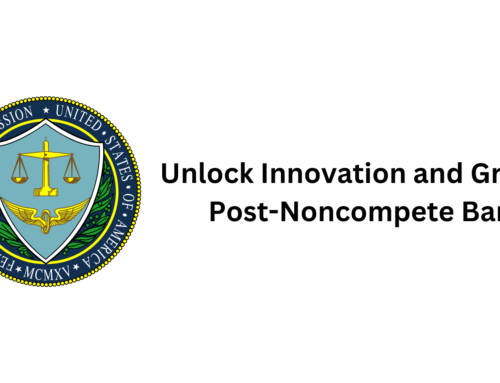
Marketing for government entities presents a unique set of challenges and opportunities. While it’s crucial for governmental bodies to communicate effectively with their constituents, they must navigate various regulations, ethical considerations, and public perceptions. Here are some essential do’s and don’ts to keep in mind:
Do’s:
- Transparency and Honesty: Always prioritize transparency in your communications. Be honest about the government’s actions, policies, and limitations. Transparency fosters trust and credibility among citizens.
- Educate and Inform: Use marketing efforts to educate citizens about government services, initiatives, and programs. Inform them about their rights, responsibilities, and how they can participate in the democratic process.
- Engage with the Community: Actively engage with the community through various channels such as social media, town hall meetings, and public forums. Listen to their concerns, feedback, and suggestions, and incorporate them into your decision-making process.
- Focus on Public Service: Emphasize the public service aspect of government marketing. Highlight how policies and programs benefit the community as a whole rather than promoting individual agendas or politicians.
- Adapt to Digital Trends: Embrace digital marketing strategies to reach a wider audience effectively. Utilize social media, email newsletters, and mobile apps to disseminate information and engage with citizens.
Don’ts:
- Partisan Messaging: Avoid using government resources for partisan messaging or promoting specific political agendas. Government marketing should remain neutral and impartial.
- Misleading Information: Never disseminate misleading or inaccurate information. Misinformation erodes trust in government institutions and can have detrimental effects on public perception.
- Overlooking Privacy Concerns: Respect citizens’ privacy rights and avoid using their personal information for marketing purposes without consent. Adhere to data protection regulations and maintain confidentiality.
- Ignoring Feedback: Don’t dismiss or ignore feedback from the public, even if it’s critical or unfavorable. Constructive criticism provides valuable insights for improving government services and policies.
- Overspending: Be mindful of budget constraints and avoid overspending on marketing campaigns. Allocate resources wisely to ensure that taxpayer money is used efficiently and effectively.
Effective marketing for government entities requires a delicate balance between communication, transparency, and ethical considerations. By following these do’s and don’ts, government agencies can build trust, foster civic engagement, and better serve their constituents. inMMGroup specializes in assisting government and public sector organizations with effective and impactful marketing. Let’s start a conversation!




